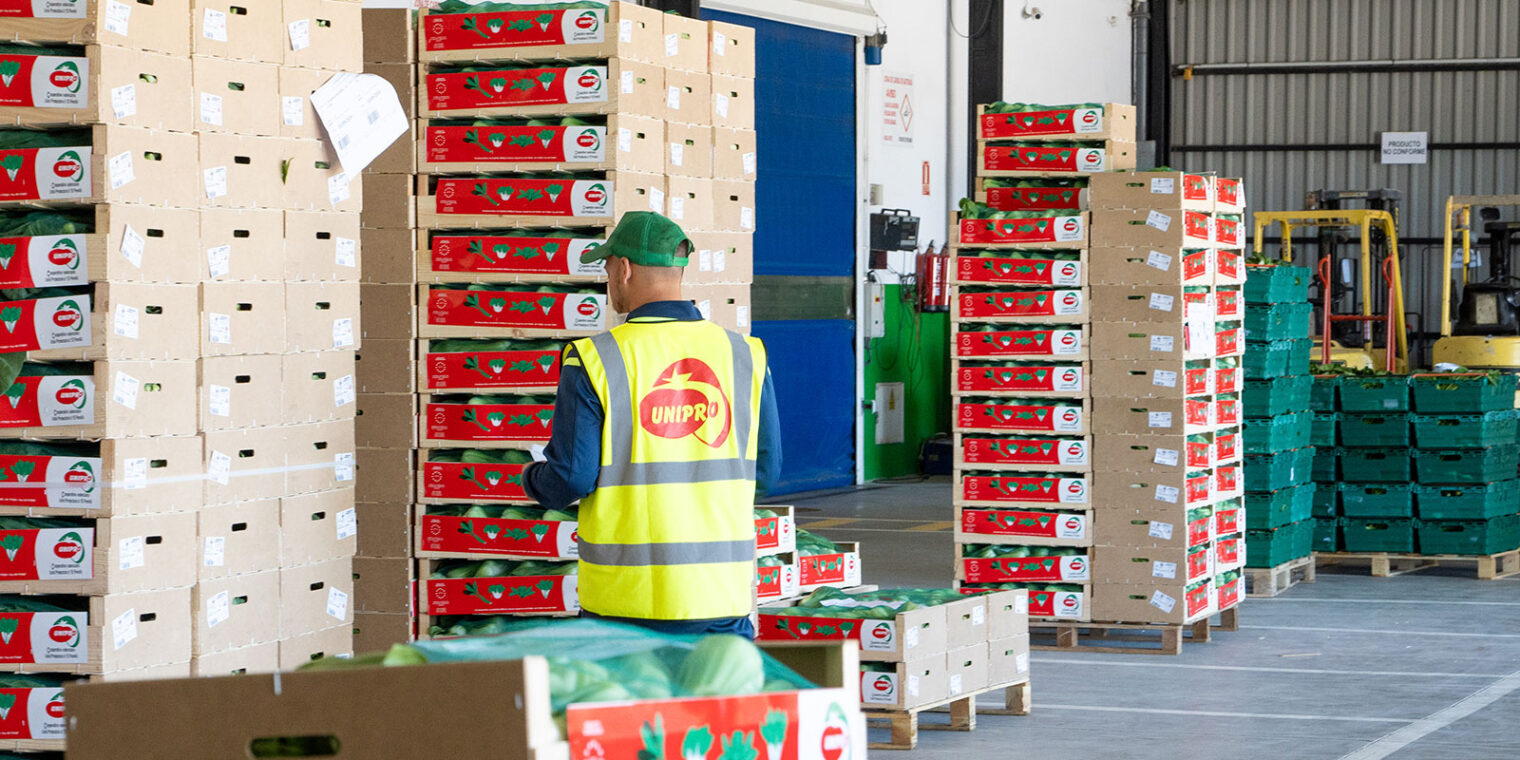The export of Chinese vegetables from Spain to the Nordic countries has become a growing trend in the international trade of agricultural products. This phenomenon reflects a combination of factors such as the increase in demand for exotic foods, the interest in healthy and sustainable options, and Spain's capacity to adapt to the demands of the European market. The diversification of crops in Spain, together with its strategic position and experience in fruit and vegetable exports, has allowed new doors to be opened in demanding markets such as Sweden, Denmark, Norway and Finland, Belgium and Great Britain.
Spain is known as one of the main exporters of fruit and vegetables in Europe thanks to its diverse and favourable climate, fertile soils and advanced agricultural technology. In recent years, Spanish farmers have diversified their crops to include non-traditional products, such as Chinese vegetables. These include bok choy, choy sum, pak choi and daikon, which have gained popularity in international markets.
The cultivation of these vegetables in Spain has grown thanks to the implementation of sustainable techniques, efficient irrigation systems and the knowledge acquired by farmers working closely with local Asian communities. This has made it possible not only to satisfy domestic demand, but also to offer fresh, high quality produce to other European countries.
The Nordic countries, known for their high living standards, interest in healthy food and growing multiculturalism, have experienced an increase in demand for Asian vegetables in recent years. This is due to several factors:
- Healthy eating trends: Chinese vegetables are low in calories and rich in nutrients such as vitamins, minerals and antioxidants. Their inclusion in healthy diets has increased their popularity in Nordic markets where health and wellness are priorities.
- Growing interest in Asian cuisine: Globalisation has introduced a great deal of culinary diversity in the Nordic countries, and Asian cuisine, particularly Chinese, has established itself as a favourite. Restaurants and consumers are looking for authentic ingredients to replicate traditional flavours.
- Purchasing power: Nordic consumers are willing to pay more for fresh, sustainable and high quality products, characteristics that Chinese vegetables grown in Spain can guarantee.
Spain has several competitive advantages as a supplier of Chinese vegetables to the Nordic countries:
- Geographical proximity: Spain is well connected to Northern Europe through an advanced logistical infrastructure that includes efficient land and sea transport. This ensures that vegetables arrive fresh and in optimal condition.
- Compliance with standards: Spanish growers and exporters are used to meeting the strict food safety and sustainability standards required by the European Union, which facilitates trade with the Nordic countries.
- Year-round production: Unlike other European countries, Spain can grow all year round thanks to its temperate climate, which ensures a constant supply of vegetables.
The Unipro agri-food cooperative has been dedicating 80% of its production to this type of food for several years. We have always followed sustainable production and distribution policies, both with our vegetable gardens and with our workers.

